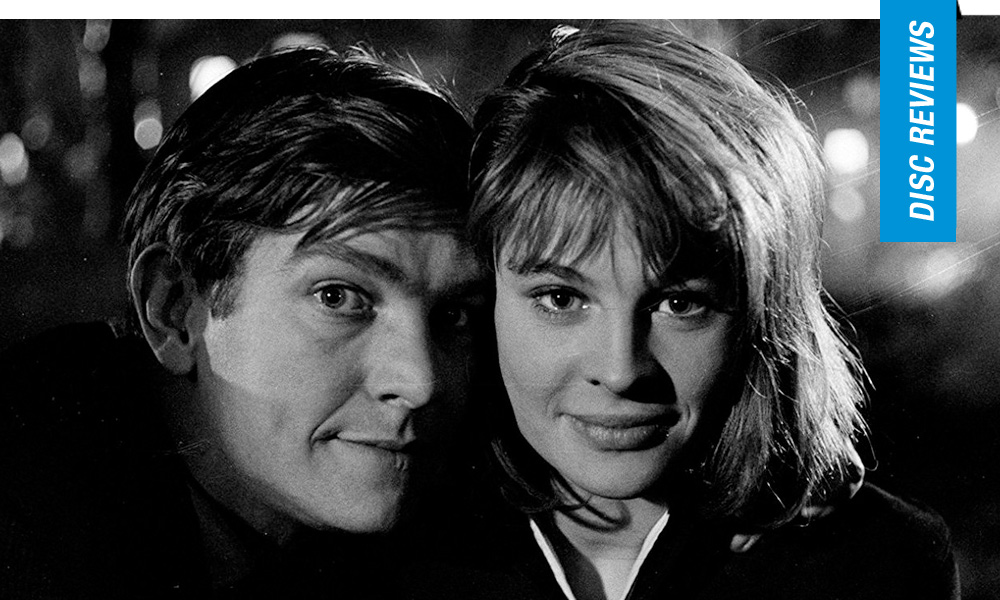The film would make Julie Christie into a star with her brief supporting turn (she’d go on to win an Academy Award for her next stint with Schlesinger in 1965’s Darling), here a pseudo-love interest for the titular Billy, their interactions finally motivating him to think about future possibilities.
Billy Fisher (Courtenay) lives with his parents (Wilfred Pickles, Mona Washbourne) and grandmother (Ethel Griffies) in Northern England, working as a clerk for an undertaker. His vibrant fantasies, which often involve lashing out violently at various authority figures, juxtapose with meaningless romantic entanglements with various women, all pawns in his trenchant boredom. Recently deciding he’s going to be a screenwriter and fibbing about a job he’s been offered in London, Billy’s interactions with Liz (Julie Christie), an effervescent good-time gal, ends his rampant social alienation just enough to consider acting on his impulses.
Based on the Keith Waterhouse novel and lensed by Denys N. Coop (10 Rillington Place, 1971), it’s a freewheeling slice of cinema verite from Schlesinger, who would become a major figure in American film by the end of the decade with Best Picture winner Midnight Cowboy (1969) just as the New American Cinema became a movement which defined the 1970s.
While the film clearly belongs to Courtenay’s effervescent performance, Christie is oddly charming as Liz, but the film’s most touching moment takes place in a hospital waiting room between Courtenay and Mona Washbourne, a mother commiserating with a child she’s grown somewhat emotionally estranged from.
Film Rating: ★★★★/☆☆☆☆☆
Disc Rating: ★★★/☆☆☆☆☆

